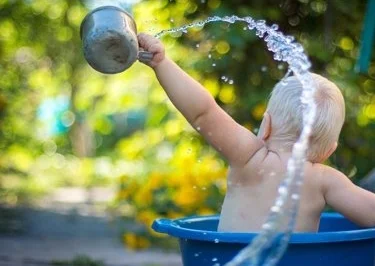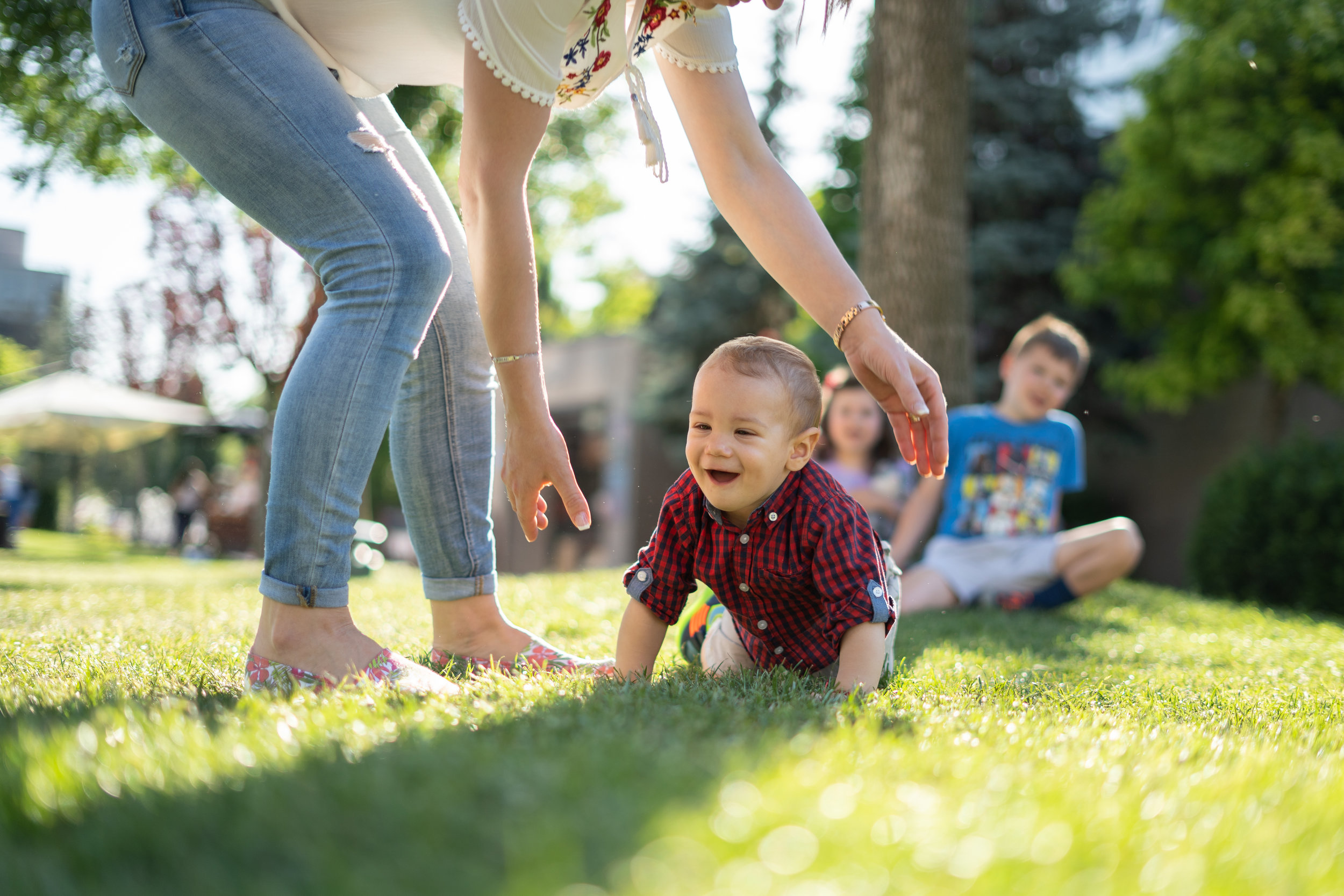Physiotherapy for infants, toddlers, children and young adults
Physiotherapy Assessment
The clinical assessments will look at the child’s posture, gait, strength, tone, joint range of movement and their gross motor skills and quality of movement.
Together with the child and their families specific functional goals are being set to maximise the child΄s independence.
Physiotherapy Treatment
Physiotherapy treatment plants are designed to achieve the agreed goals that were set after the initial assessment. Treatment is focused on optimizing each individual’s ability to perform the activities that matter most to them.
The treatment is age appropriate, using activities that make learning fun
‘Children learn new skills through play’
Conditions
Developmental conditions- global developmental delay, preterm babies.
Musculoskeletal and Sports Injury- postural problems, hypermobility, fractures and soft tissue injury, positional talipes, Erb’s palsy, torticollis, plagiocephaly.
Neurological Conditions- Cerebral Palsy, neuromuscular disorders, head injury, spinal injury, brain tumor, genetic syndrome
Neuromuscular Conditions - Duchenne muscular dystrophy and spinal muscular atrophy
Orthopaedic Conditions-before and after surgery
therapy options
Early assessment and intervention with hands on treatment
Specialist advice on developmental play
Advice on special equipment and mobility
Advice on 24 hours postural training
Balance and co-ordination training
Muscle strengthening
Postural re-education
Gait training
Kinisiotaping
Hydrotherapy
DEVELOPMENTAL MILESTONES
Children reach developmental milestones at their own pace. Minor, temporary delays are usually no cause for alarm but an ongoing delay or multiple delays in reaching milestones might indicate an underline condition.
Physiotherapy focuses on:
Assessment of gross and fine motor skills using standardized assessment tools.
Specialist advice on equipment and activities that can help the child reach their motor milestones.
Activity programmes for the child and their carer(s) to follow as part of their daily routine.
Blocks of intervention to achieve goals which are jointly set with the child and their family.
HEAD SHAPE MANAGEMENT
Flat head and skull asymmetries (plagiocephaly, brachycephaly, scaphocephaly)
Physiotherapy focuses on:
Assessment and tracking of your child’s head shape
Education on positional treatment
Treatment for neck conditions
Advice regarding special equipment such as headband/helmet
TORTICOLLIS
Torticollis is a neck deformity that involves shortening of the sternocleidomastoid muscle resulting in limited neck rotation and lateral flexion.
Physiotherapy focuses on:
Age-appropriate play-based exercises
Education on infant positioning in sleep, play and throughout the day
Hands-on stretching & strengthening techniques
POSITIONAL TALIPES
Positional talipes is a common foot condition in newborn babies. It may affect one or both feet. It causes the foot to point down and inwards in a rested position but remains flexible.
Physiotherapy focuses on:
Advice on stretching and strengthening techniques
Monitoring of progress
USEFUL LINKS:
Spina Bifida Hydrocephalus Ireland- https://www.sbhi.ie/
Down Syndrome Ireland- https://downsyndrome.ie/
Irish Society of Autism- https://autism.ie/
Wheelchair Cars Ireland- http://wci.ie/
Little Big- https://www.littlebigbikes.com/
Irish Wheelchair Association Sport-https://iwasport.com/
Enable Ireland- https://www.enableireland.ie/
CORU- https://www.coru.ie/
Irish Society of Chartered Physiotherapists-https://www.iscp.ie/
Chartered Society of Physiotherapy- https://www.csp.org.uk/
The Association of Paediatic Chartered Physiotherapists- https://apcp.csp.org.uk/
HCPC- https://www.hcpc-uk.org/






